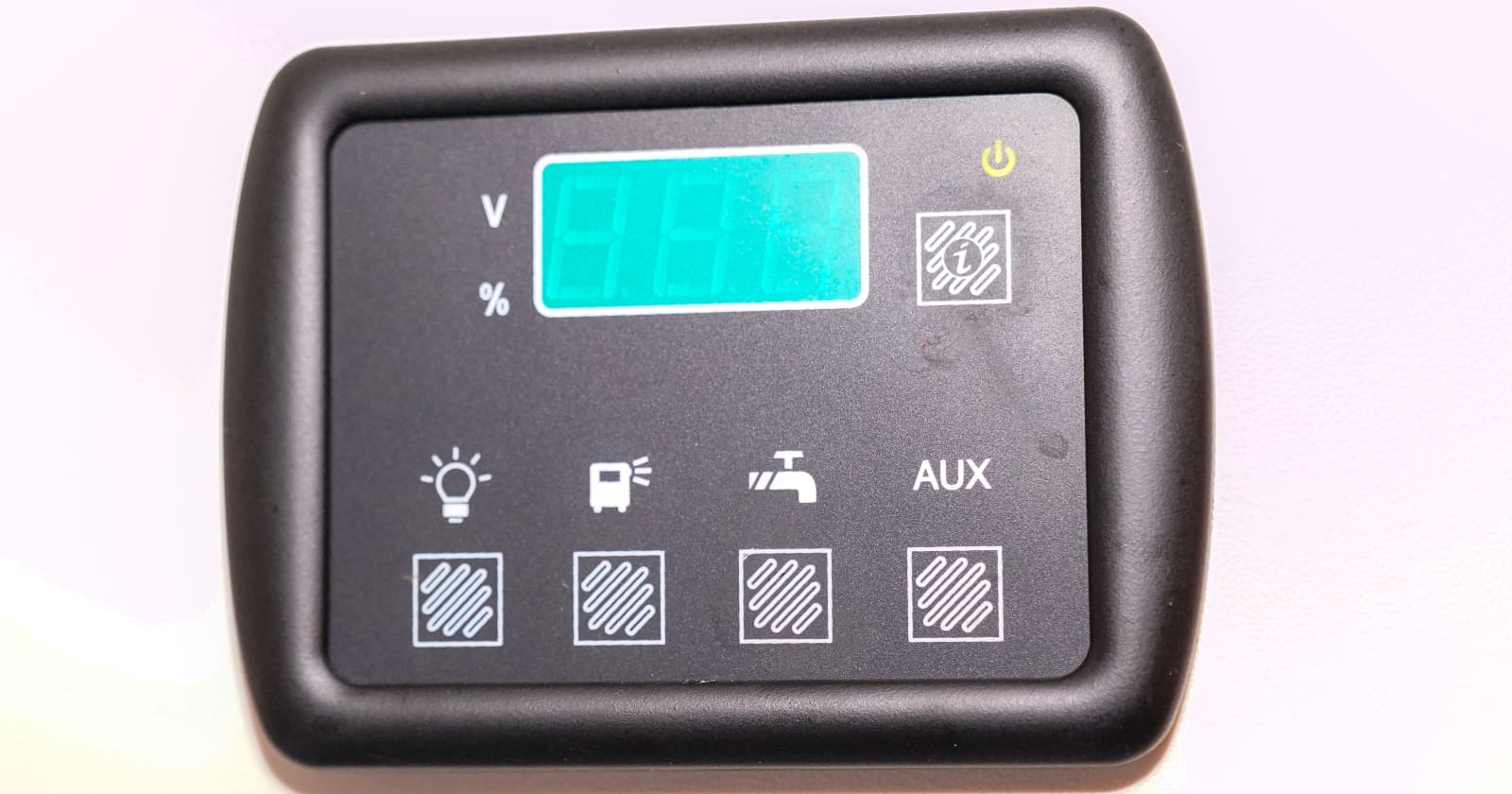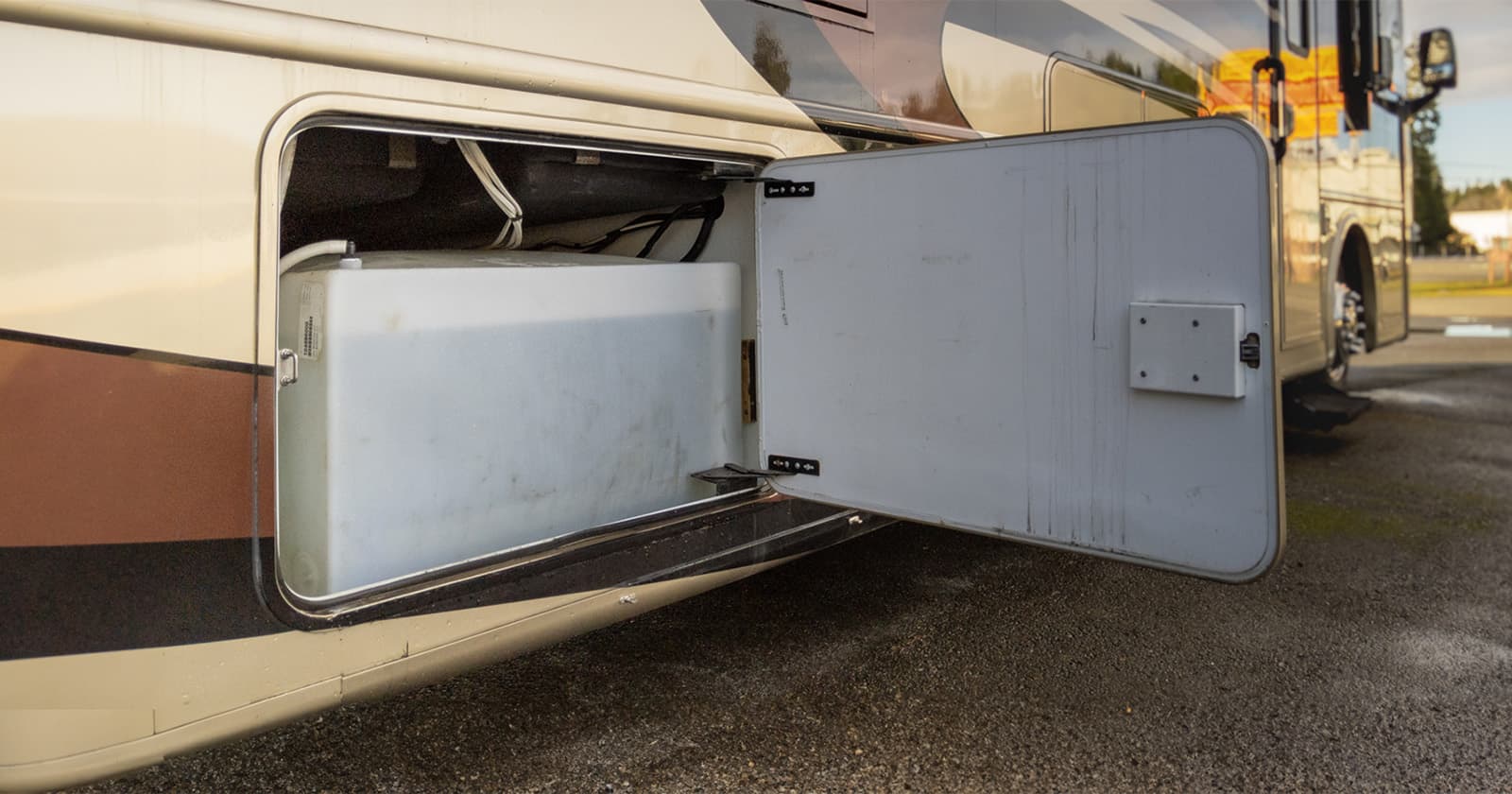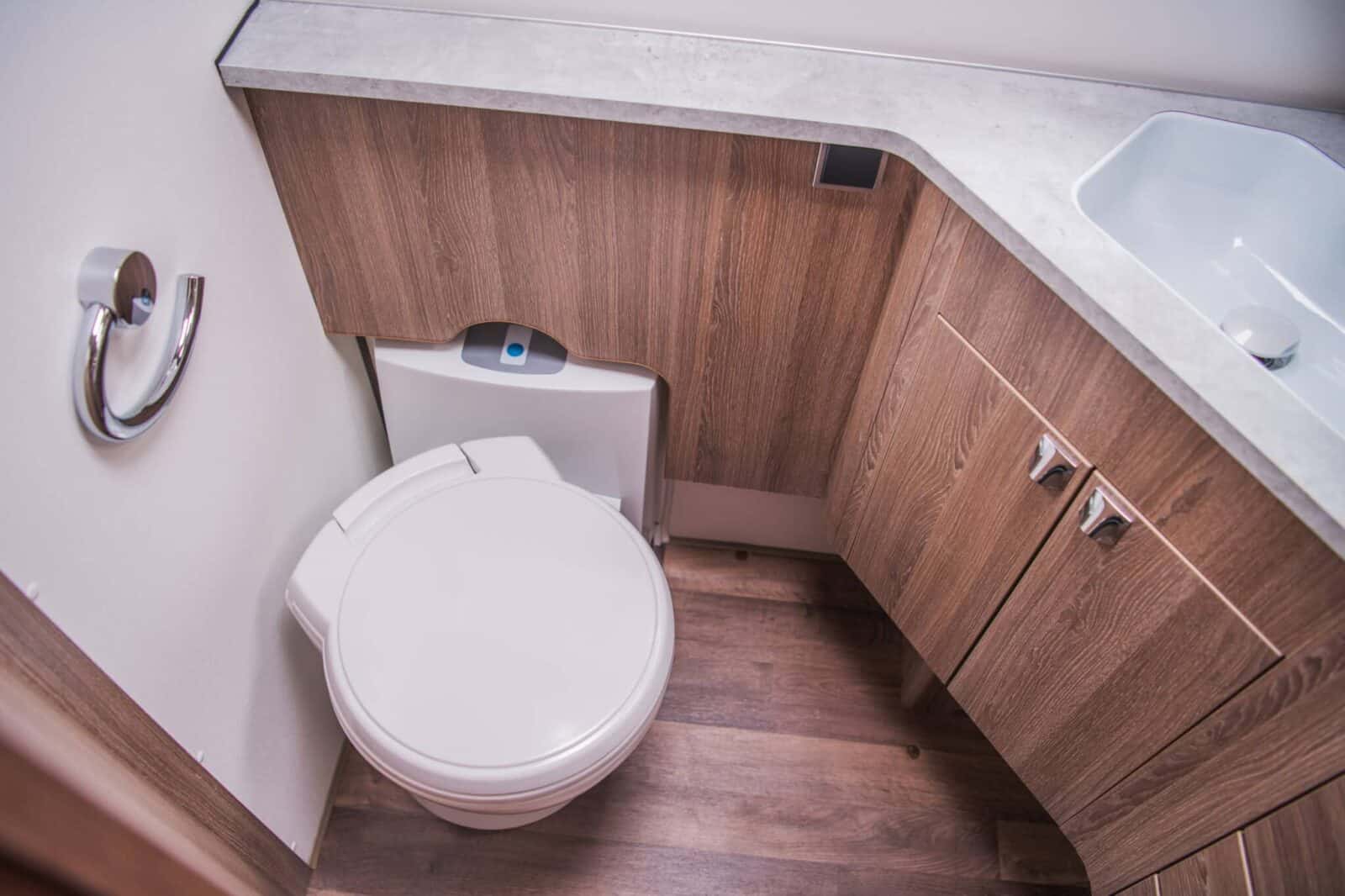Let’s talk about toilet paper – a topic often overlooked until it runs low. However, diving into RV life brings it front and center. Initially, we all do the same: purchase the designated RV toilet paper for our campers to avoid clogs and protect our black tanks, despite its higher ‘RV price.’ This term refers to the markup on household supplies branded for RV use. But then, the revelation hits. We discover that septic-safe toilet paper might be a budget-friendly alternative. Prompted by curiosity, we find ourselves searching for the ‘best toilet paper for RVs’ online.
RV Toilet Paper Wars
Our simple search quickly unveils an overwhelming sea of opinions—too much, perhaps, with intense online debates to boot. On one side, there are RVers who adamantly advocate for RV-specific toilet paper as the only acceptable choice. On the opposite end, a laid-back group believes any regular toilet paper will do.
iRV2 Forum Member
Off on a trip starting later today and found there’s only a few sheets of RV TP left in the RV. Tested Charmin and the stuff does not dissolve even after 30 seconds of shaking (and we use this for a septic system!)
That’s when the debate intensifies. Entering the fray are RVers who wouldn’t dream of flushing toilet paper down their RV toilets, opting instead to collect it in a wastebasket beside the toilet. It’s quite impressive that the complexities of human nature, something as mundane as toilet paper selection, lead to such fervent discussions. Above all, this reveals how even the topic of toilet paper can stir confusion and controversy among internet strangers.
Even if the toilet tissue for your RV hasn’t crossed your mind much, you might be intrigued by the depth of conflicting views on the matter. In this article, we aim to sift through the mix of information and misinformation swirling around RV toilet paper.
Busting Common RV Toilet Paper Myths
Myth #1: Any Toilet Paper is Suitable for RV Use
You really don’t need “septic safe” TP because you don’t have a septic tank in your RV, you have a holding tank.
– An example of the many forms of this mythi on iRV2 Forums
There is no need for it to break down like in a septic system. It will all come out when you empty your black tank. Use plenty of water when flushing out the tank.
A widespread myth suggests that the type of toilet paper used in an RV doesn’t matter, reasoning that it all ends up flushed into the black tank and then dumped. But here’s the crucial detail: RV toilets flush into a holding tank, not directly into a sewer system. Toilet paper that fails to dissolve into small pieces can cause clumps to accumulate in the black tank. These clumps have the potential of bottlenecking at the drain hole of the tank. Non-dissolving toilet paper can quickly lead to a clogged tank, a situation no one wants to face. It’s clear, then, that not all toilet paper is suitable for RV use—it must dissolve quickly and thoroughly to avoid problems.”
Myth #2: RV-Specific Toilet Paper is the Only Safe Option
RV toilet paper, typically single-ply, is designed for rapid breakdown when wet, and most brands excel in this regard. However, its thinness means you might end up using more, even though it tends to be less soft and can feel rough. Additionally, RV and boat toilet paper usually cost about twice as much as standard household toilet paper. Finding RV toilet paper can also be a challenge on the road, adding to the inconvenience.
A viable alternative is toilet paper labeled as septic-safe. It’s generally thicker, softer, and more readily available than its RV-specific counterpart. Yet, despite being marketed as quick-dissolving, not all septic-safe toilet papers dissolve faster than regular household types. Caution is key, as dissolving rates can vary significantly.
Myth #3: Septic Safe Toilet Paper Won’t Work as well as RV Labeled Toilet Paper
Contrary to some beliefs, septic-safe toilet paper can be just as effective as RV-specific varieties, though performance varies. To identify the best options for your RV, consider two approaches: consulting with a certified RV technician or conducting your own rapid dissolvability test.
Conduct Your Own Dissolvability Test
Materials Needed:
- 4-5 medium-sized glass jars with lids
- Labels or painter’s tape for marking
- 3 sheets from each of 4 different toilet paper brands
- Water
Procedure:
- Label each jar with the brand you are testing. Trust me, you’ll be glad you labeled them later!
- Fill each jar about 2/3 with water.
- Put 3 sheets of each brand of toilet paper in the jar with a corresponding label.
- Swirl the jar a little. Don’t shake because the idea is to simulate what would happen to the toilet paper in your holding tank.
- Since toilet paper usually sits in the holding tank for days before the black tank is flushed, we’re going to simulate that. So just let all of the jars rest for 24 hours.
- Afterward, give each jar a gentle swirl. Observe and record which brands dissolved completely and which did not.
At the end of this experiment, you should have at least one or two brands that you can be confident aren’t going to wreak havoc with your RV plumbing.
Brands Reported to Be Safe for RVs
Below are some of the more popular RV and household brands of toilet paper to give you a head start.
Rapid-Dissolving RV Toilet Papers
These toilet papers are specifically designed for RVs and marine systems, offering quick dissolution to prevent clogs and maintain efficient waste management:
- Scott Rapid-Dissolving Toilet Paper: Engineered for fast breakdown, making it ideal for RVs, boats, and buses.
- Thetford Aqua-Soft Toilet Tissue: A trusted brand in RV accessories, offering toilet tissue that’s friendly to RV and marine systems.
- Camco RV & Marine Toilet Paper: Known for its biodegradable properties and quick dissolving capability.
- Freedom Living Septic Tank Safe Toilet Tissue: Safe for RVs and marine environments, this toilet paper dissolves quickly to avoid plumbing issues.
- Firebelly Outfitters RV Toilet Paper: Biodegradable and designed for rapid dissolution in RV and marine systems.
Household Brands Known to Be RV-Friendly
Many RVers have found that the household toilet paper brands below work just as well as RV-specific options, dissolving quickly and safely for use in RV sanitation systems. It’s important to note that formulas can change, so if one of the household brands looks good for your family and your wallet, you will want to perform a dissolvability test before using it, even if it’s listed below.
- Angel Soft: Offers a soft yet quick-dissolving bathroom tissue that’s been recognized for its RV compatibility.
- Kirkland Signature: Costco’s brand is known for being septic-safe and has been noted by the RV community for its effectiveness in RVs.
- Scott (Regular): A widely available brand that offers septic-safe options suitable for RV use.
- Seventh Generation: Known for its environmental friendliness and quick dissolution, making it a viable option for RVers.
- Great Value: Walmart’s brand provides an affordable, quick-dissolving solution for RV sanitation systems.
Conclusion: Choosing the Right TP for Your RV’s Black Tank
Ensuring your RV’s black tank operates smoothly for years involves careful selection of toilet tissue that dissolves quickly. Whether you opt for RV-specific brands or septic-safe alternatives, the key is to avoid products known for poor dissolvability. If uncertainty arises, a straightforward water test can illuminate which brands are safe for your RV, helping you steer clear of potential black tank issues. It’s a simple step towards maintaining peace of mind on your travels.
Discover More RV Sanitation Tips: For clear, actionable sanitation advice that simplifies RV maintenance, don’t miss the video below. Dive deeper into expert recommendations to keep your journey smooth and your RV in top condition.





My black tank is not a septic tank. I use regular old TP and plenty of water. Also never use tank treatments. Never had any issue in 25 years. Water is the key.
Thanks for reading, and your comment. You aren’t alone, many people get away with whatever toilet paper they want with no issues at all. However the key factor for “septic safe” isn’t that the black tank is a septic tank. You are correct, it’s just a holding tank, however septic safe toilet paper breaks up rather rapidly which minimizes the possibility of clumps of paper attempting to go down the drain hole all at once.
It’s more of a precaution to avoid that unnecessary situation. It’s kind of like a seatbelt, in 9 years of full-time RVing, I personally have never needed my seatbelt, however I continue to wear it just in case.
It’s great that the TP you use and your method of emptying and the amount of water you use has worked well for you as it does for many. And I’ll admit, on occasion my wife and I had to grab what was available at a local mini mart in the middle of nowhere and it was the stuff that was a thick as a blanket and as tough as a restaurant napkin, and felt like wiping with a hand made quilt. We used a lot of water and didn’t have an issue. So it is definitely not a guarantee that an issue will arise from any random TP. However in the interest of best practices, the RV industry recommends something that will dissolve quickly to prevent potential issues, even if they aren’t 100% likely.
Thanks again for being a Camper Smarts reader, and happy trails.
I have used different search engines to find out what tests or standards a brand of toilet paper must meet or exceed in order to apply the term “septic safe”. So far, i have not found any standards or independent laboratories to perform this test on behalf of the manufacturer. If the mention is not validated, it is only hot air from my 35 years in a government inspection agency.
You are correct: there isn’t a universal, one-size-fits-all standard that stamps a toilet paper roll as “septic safe.” However, the general consensus is that septic-safe toilet paper is designed to dissolve more quickly and completely in water, reducing the risk of clogging pipes or messing up your septic system. Usually the manufacturer does their own testing. Howevever, that why we recommend doing the dissolve test on TP you intend to use, just to make sure.
No one has talked about tough toilet paper that stubbornly sticks to the sensors! Nothing like checking the tanks after dumping and seeing the black is half full according to the sensors!! Now you’re obsessively checking the level and left wondering. Scott’s one ply paper (commonly used in commercial bathrooms) is the best for RV holding tanks, even if you have to use more. We have a septic tank holding system at home and find Walmart’s Great Value brand to be soft (unlike Scott’s) and dissolves quickly for that system but isn’t as kind on the rv holding tank’s sensors.
We used Scott’s RV paper for years and had no problem … until we switched to “RV safe” Kirkland (Costco) TP. We had to have the black tank flushed professionally. Big clumps of undissolved TP came pouring out. Back to Scott’s and no more problems.
Scott TP is a good one. My wife and I have used that for years full-timing. No issues yet.
You may have to repeat the dissolvability test from time to time. Manufacturers change their product, probably to make it cheaper to produce We used Angel Soft for years until we noticed a difference in the way it felt. It was rougher and we found that it did not dissolve. We switched to the store brand toilet paper at Big Lots.
We keep a wastebasket next to the toilet and never put paper into the black tank. No smell issues and no valve issues.